Day 19: The Cloud Over All Of Us
In segregated Atlanta in 1947, the future mayor Ivan Allen, Jr., sought his father’s advice about accepting the invitation to speak at the Community Chest drive kickoff in what was then known as the “Negro community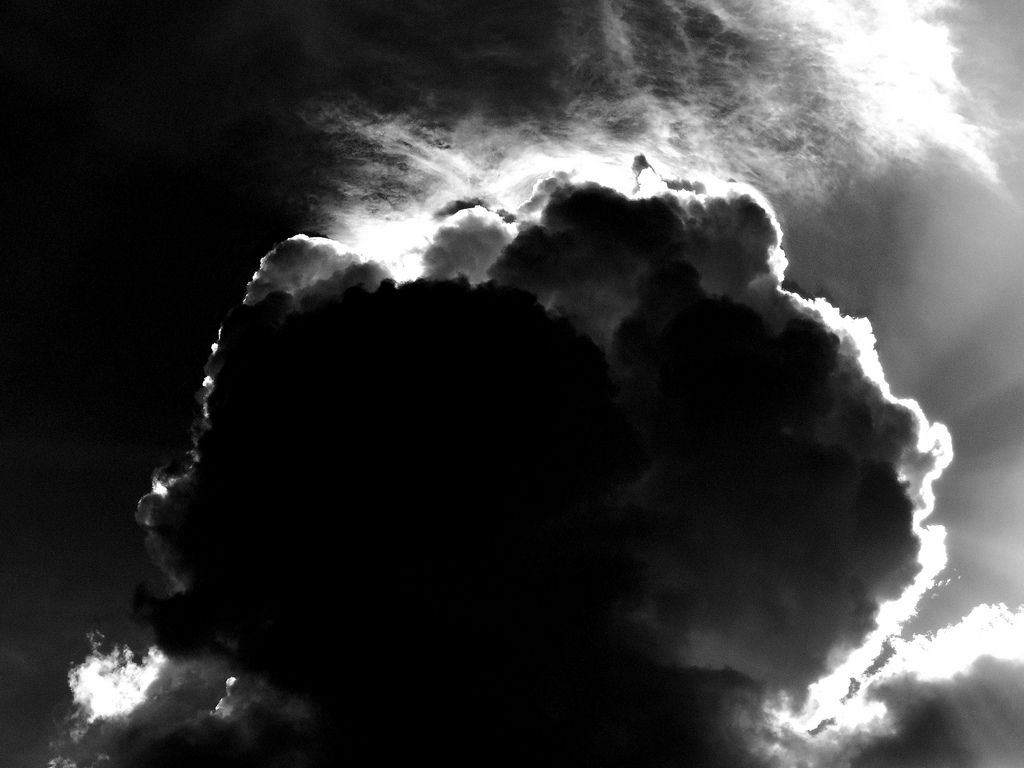 .”
.”
His father responded:
“Ivan, let me have a very honest discussion with you … My generation has completely failed in every way to enlighten or solve the major issue which our section of the country has: the racial issue. We haven’t confronted ourselves with it. There is great prejudice, great trial and tribulation over the whole thing. We’ve kept the nigger not in a second-class but in a third or fourth-class position, and as a result we’ve impoverished him and we’ve impoverished this section of the country. … It’s time for some major changes. Your generation is going to be confronted with it, and it will be the greatest agony that any generation ever went through.”[1]
First Corinthians today speaks of all our ancestors “under a cloud”—a powerful image for the racial inequities and racism which mar this nation and all our lives. Exodus says God sends prophets like Moses to free us from our slavery to sin, but Luke’s Jesus warns us that it will take years of work to cultivate a garden of liberty and equality.
[1]. Ivan Allen, Jr., Mayor: Notes on the Sixties (New York: Simon and Schuster, 1971), pp. 13-14.
Reflection questions:
- How have I experienced the cloud of racial inequity and racism hanging over us?
- Who are the prophets seeking to end the slavery of our time?
- How might I be called to do the hard work of liberty and equality?
Fr. Fred Kammer, S.J., J.D., is a priest, an attorney, and a member of the Central and Southern Province of the Jesuits. He has been director of the Jesuit Social Research Institute (JSRI) since March 2009. JSRI works to transform the Gulf South through action research, analysis, education, and advocacy on the core issues of poverty, race, and migration. The Institute is a collaboration of Loyola University New Orleans and the Society of Jesus rooted in the faith that does justice. Fr. Kammer is the editor and regular contributor to JSRI’s publication “Just South” and writes regular columns on Catholic Social Teaching and current issues.
From 2002 to 2008, Kammer was the Provincial Superior of the Jesuits of the New Orleans Province, guiding their post-Katrina recovery and service to the devastated region’s poor and needy. From 1992 to 2001, he was the President/CEO of Catholic Charities USA, the nation’s largest voluntary human service network. Kammer has worked in a number of programs for the underprivileged, both as a lay volunteer, an attorney, an advocate, and an administrator. From 1990 to 1992, he was the Policy Advisor for Health and Welfare Issues, Department of Social Development and World Peace, U.S. Catholic Conference. Prior to that, from 1984 to 1989, he was Executive Director of Catholic Community Services of Baton Rouge, Inc. Earlier, from 1977 to 1983, he was Director of the Senior Citizens Law Project of the Atlanta Legal Aid Society. Fr. Kammer is a former member of the Ignatian Solidarity Network board of directors.
Kammer’s first book, “Doing Faithjustice: An Introduction to Catholic Social Thought,” was published by Paulist Press in 1991. The book is considered by many to be essential reading for those committed to the “faith that does justice” and is used as a textbook for social justice and morality classes in high schools and colleges. He is also the author of “Salted with Fire: Spirituality for the Faithjustice Journey” and most recently, “Faith. Works. Wonders.: An Insider’s Guide to Catholic Charities.”

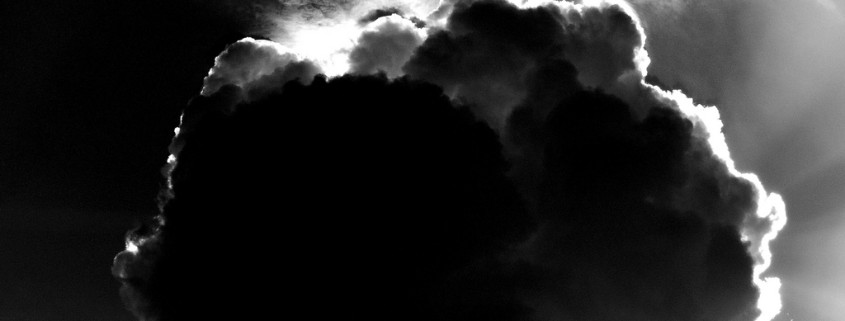

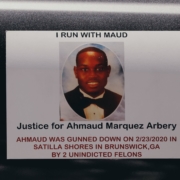
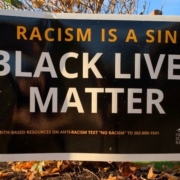
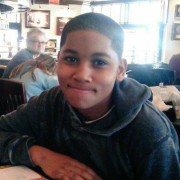
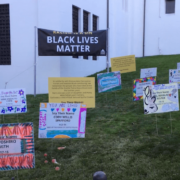
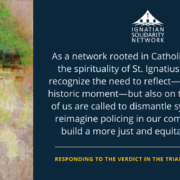
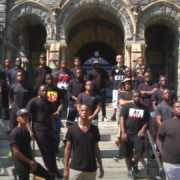



How have I experienced the cloud of racial inequity and racism hanging over us? – In my work as an ARNP in a community health clinic I see the wounds of racial inequity on a daily basis. They come in the form of those recently released from prison who are unable to find housing and work. They come in the form of stories about systems that have lead to mistrust and skepticism. They come in the beautiful faces of children whose parents are struggling against those same systems so that their children might be sheltered from the violence of racial inequities.
Who are the prophets seeking to end the slavery of our time? – One of my patients this week unintentionally preached a “sermon” about racial injustices. I believe she is a prophet. This woman has been profoundly impacted by the presence of racial bias and inequity. Her story is all too common for my black patients. She is working hard, and talking loudly to try and pave the way for change. She is an ordinary woman, with an extraordinary story to share. My prayer is that her voice is heard, and her advice is heeded.
How might I be called to do the hard work of liberty and equality? – As a white woman I believe that oftentimes my job is to listen. Racial inequity is something I feel strongly about, but I believe that my role in the battle is more about being present, asking questions, and listening than it is about speaking. When I encountered the patient I mentioned above, and she started sharing about her own encounters with systematic racism, my temptation was to start talking about all the ways I see racial inequities and how angry it makes me, but instead I folded my hands and spent 20 minutes in the exam room… listening. At the end of that 20 minutes, I cried, and I looked her in the eyes and said, “I’m sorry.” As we hugged she said, “Thank you for hearing me.” I think my role is to listen, to hear, and occasionally to speak.